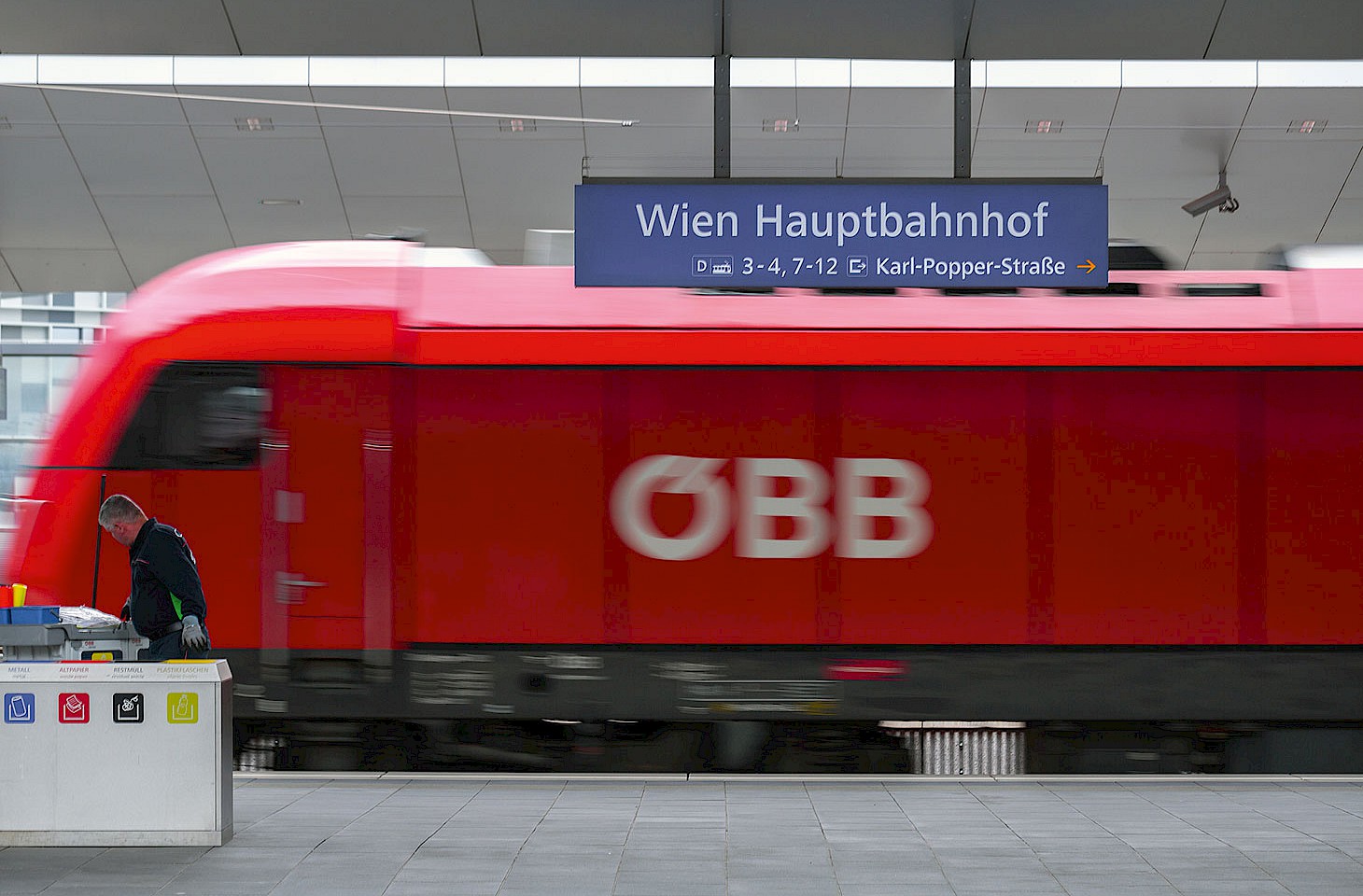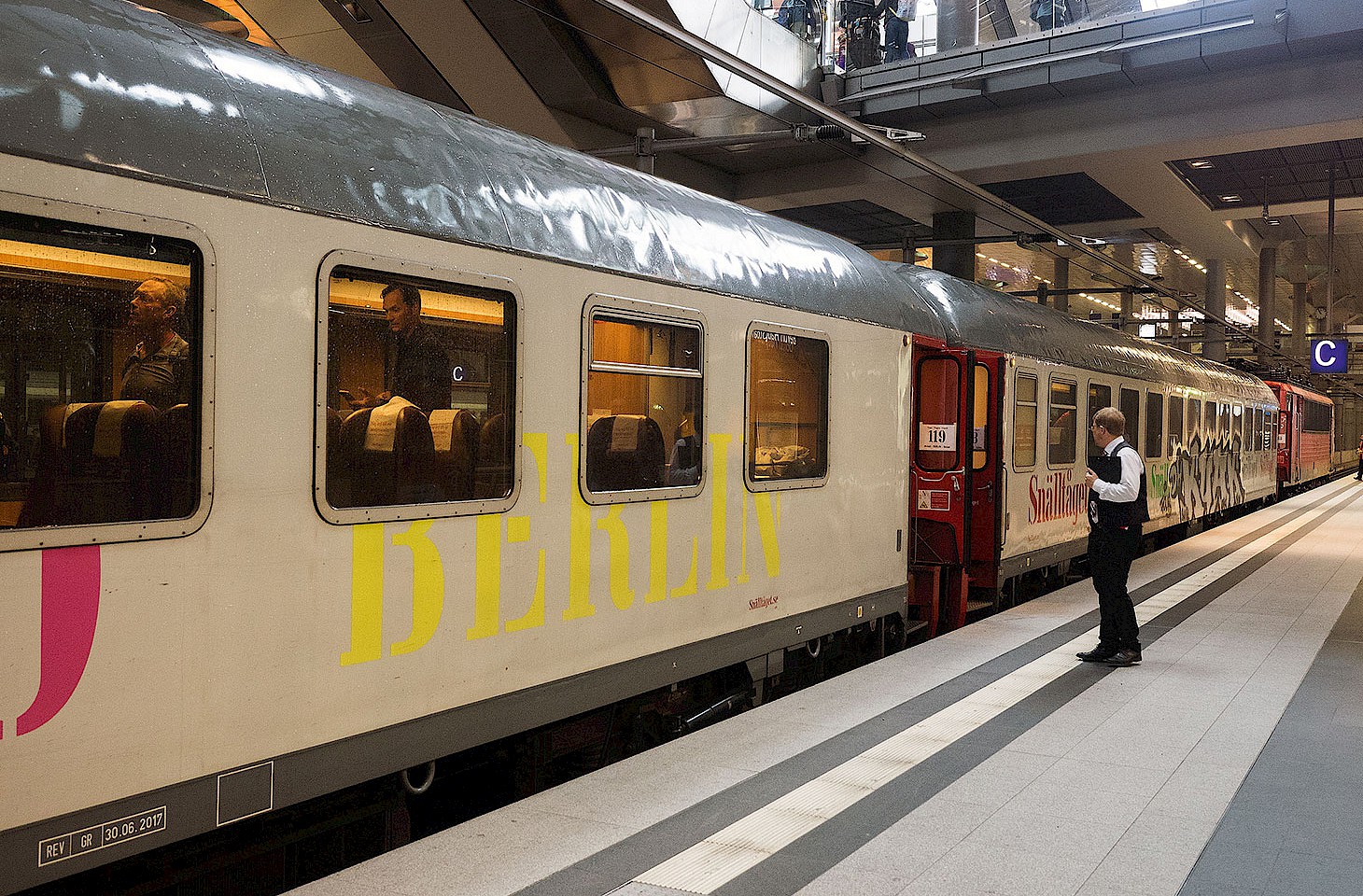Dear fellow travllers
The Franco-Swiss rail operator Lyria runs fast trains between Paris and a number of Swiss cities. It also offers the last remaining year-round direct train from Switzerland to the south of France - which is about to be axed.
From 15 December, Lyria introduces new timetables - and not everyone is happy with those revised schedules. Timetable planning at Lyria often collides with Swiss regional politics.
The key issue which Lyria has always faced with each revamp of its timetables is how far the company should focus on Switzerland's three major cities, and how much resource should be devoted to serving smaller places. Those three largest cities are in order of size Zürich, Geneva and Bâle (Basel). Throw in the sensitive issue of Jura politics and things start to get heated.
The classic route through the Jura
Cast back to before the days of high-speed railways and the classic route to Switzerland from Paris was via the Jura. The Simplon Express and the Direct Orient Express were just two of the grand expresses which used this route, entering Switzerland at Vallorbe before dropping down to reach the shores of Lake Geneva at Lausanne. So communities in the Jura close to the railway enjoyed excellent connections to Paris, but also more widely. Fifty years ago, one could board trains in Vallorbe bound for such exotic destinations as Athens, Brindisi or Istanbul.
Away to the north-east, another main-line rail route skirted the eastern edge of the Jura, with the Paris to Berne direct daytime train running via Belfort and Delle to reach Switzerland.
In its early days, when the company started in the 1990s, Lyria focused on the Vallorbe route. The cross-border rail route through Delle was closed, then slowly reopened in stages with regional through trains from Belfort to Switzerland being reinstated last December.
For Lyria, the Vallorbe route was the ligne de coeur, but over time it has become clear that Lyria's heart lies elsewhere. New high-speed lines mean it's now quicker to run from Paris directly to Bâle (and then on to Zürich) or to Geneva, so by-passing the hilly terrain of the Jura region. And that's made Jura politicians and residents eagle-eyed observers of Lyria's changing timetables.
Shifting routes
First the direct trains from Paris via the Jura route to Neuchâtel and Berne were axed. That was in 2013. An alternative route to the Swiss capital was then offered via Bâle, with a portion of a Zürich-bound Lyria train being detached at Bâle to run to Berne. That arrangement is being scrapped in December, so there will no longer be any direct trains from Paris to Berne.
Then one Lausanne-bound train each day was rerouted to avoid the Jura railway, running instead first to Geneva and then following the lakeshore line to Lausanne. From 15 December, additional trains will follow that route, leaving just three daily services each way on the traditional Jura railway.
Jura sensitivities about being sidelined find some resonance in the rest of Switzerland. From December Olten and Berne lose their direct trains to France. For a spell Interlaken enjoyed a direct Lyria connection with Paris, but that was scrapped. And there's no great affection for Lyria in the Valais Canton either; from time to time the rail operator has run seasonal services from Paris (and also for a couple of winter seasons from Lille) to Brig in the upper part of the Rhône Valley. But those direct links from France to Valais were axed.
In a country with strong regional identities, there are some who now question if Swiss interests are best served by an international rail operator which focuses only on the lucrative trunk routes from major Swiss cities to Paris. It's not just the Jura issue. More widely, there is disquiet that in December Lyria is withdrawing Switzerland's last surviving train to the south of France. The daily Geneva to Marseille train disappears from the timetables, although it will be reinstated for an eight-week summer season in July and August 2020.
For a factual run-down of Lyria's new timetables see this note published today in our European Rail News.
Nicky Gardner and Susanne Kries
(editors, hidden europe magazine)



